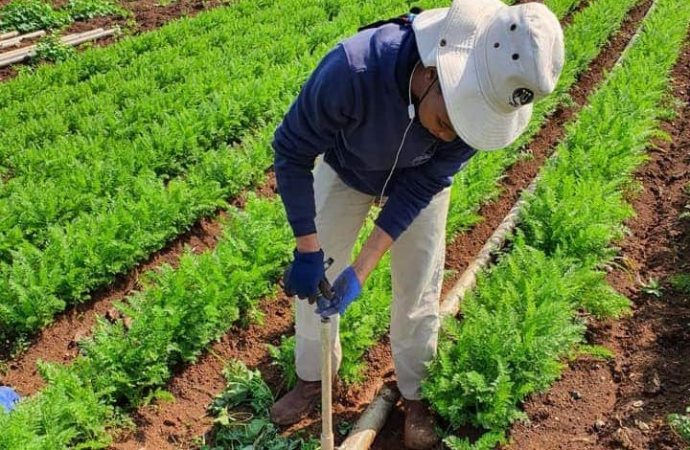Agriculture Minister Oded Forer is promoting a multi-year program for the development of the city of and region around Eilat as an international center for research and development of food from the sea and the desert.
The program will focus on international research and application in the fields of food from the sea and the desert, marine biotechnology and aquaculture while promoting economic growth and increasing employment diversity, as well as strengthening Israel's food security. Projected to be completed in 2026, the program has a budget of NIS 170 million.
"The region has all the potential characteristics and elements to become a global hub for food from the sea and the desert. Therefore, the program has far-reaching national strategic implications, and the ability to secure future food sources for the population,” Forer said.
"In light of the planned government incentives, within five years about 900 jobs are expected to be added to the area – and within 10 years, with the maturation of the high-tech industry in the area, about 250 more," he said. "The total economic impact in the area is expected to be NIS 15.3 billion gross over 30 years."
The world population is expected to grow from about 8 billion to 9.9 billion by 2050. This increase, along with climate change and rising sea levels, will reduce water resource availability and agricultural land, creating a new reality in terms of how agriculture grows and drastically impacting food diversity, quality and availability.

Another global challenge for food production is desertification – the process by which land that was once used for agriculture becomes arid, causing the soil to no longer be fertile.
In view of the challenges of climate change and desertification processes and for the purpose of strengthening the food security of Israel, the Agriculture minister has been promoting the program, which aims to significantly improve the quality of life of the area's residents through the development of growth engines, innovation and production capabilities of food from the sea and the desert and the transformation of the region into a national and international center for research and development in the fields of marine biotechnology and water and desert agriculture.
The plan builds on the area's relative advantages, including its unique arid or semi-arid desert climate and the great depth of its shoreline, which allows researchers to easily take environmental factors into account.
